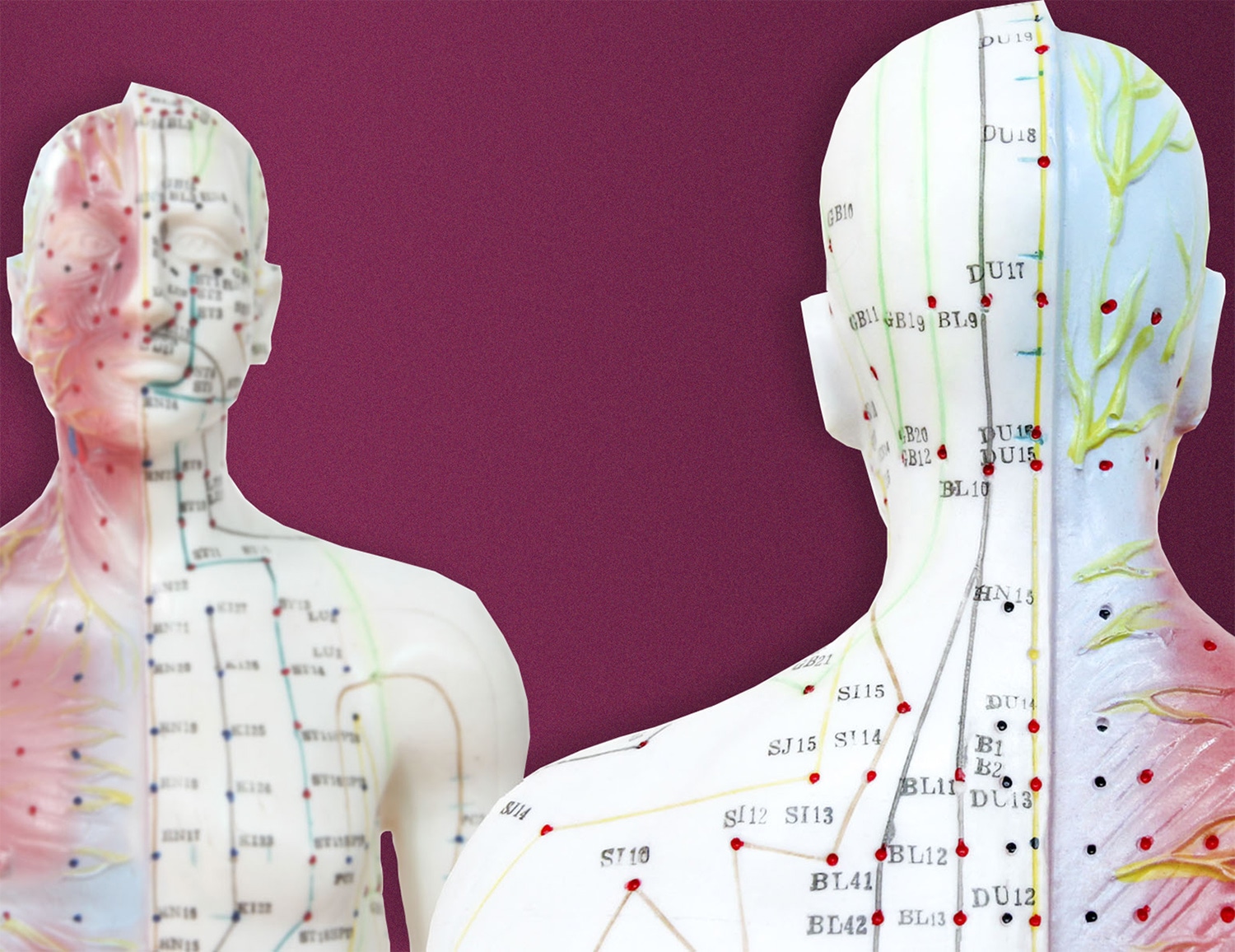FOR CANCER PATIENTS intent on choosing evidence-based treatments, findings from a new study provide support for using acupuncture and acupressure to help reduce cancer-related pain.
Common in traditional Chinese medicine, acupuncture and acupressure involve stimulating specific points on the body to help manage various types of health problems. Acupuncture uses hair-thin needles inserted through the skin. Acupressure uses deep, firm pressure to stimulate these points. Over the past few decades, more cancer centers have begun to offer patients acupuncture or acupressure in their integrative care programs. Yet to date, research into the effects of these techniques has produced inconsistent findings.
To learn more, a team of scientists in Australia, China and the U.S. conducted a comprehensive review of 17 randomized clinical trials that evaluated the effects of acupuncture and acupressure on cancer-related pain. The clinical trials, which took place between 2003 and 2018, collectively enrolled 1,111 cancer patients with pain caused by breast, lung, pancreatic, stomach and other cancer types, or their treatments. The findings, published in the February 2020 issue of JAMA Oncology, suggest acupuncture and acupressure work well enough to warrant careful consideration by patients and their health care providers.
“Our study demonstrated that acupuncture and acupressure should be considered as an option in [the] clinical setting, particularly when [pain medicine] alone has not offered adequate relief,” says the study’s co-author Charlie C. Xue, a researcher studying traditional Chinese medicine at the Royal Melbourne Institute of Technology in Australia.
Of the 17 studies analyzed, seven were conducted in China, six in the U.S., and one each in Australia, Brazil, France and South Korea. Some of the studies compared sham acupuncture or acupressure with the real thing. Others assessed how acupuncture or acupressure affected pain levels or the amount of pain medication patients needed. When looked at collectively, the studies showed the use of acupuncture or acupressure was significantly associated with pain reduction for patients, researchers found.
Heather Greenlee, medical director of the Integrative Medicine Program at the Seattle Cancer Care Alliance, helped lead three of the clinical trials analyzed in the new study. All three found that acupuncture could reduce the joint-related pain associated with aromatase inhibitor treatment among breast cancer patients.
“This kind of review helps us to narrow in on the symptoms where acupuncture might be most useful,” says Greenlee. She says her program also uses acupuncture to help patients prevent or manage nausea, vomiting, fatigue, stress and other cancer treatment-related symptoms.
Physician acupuncturist Jun J. Mao, chief of the Integrative Medicine Service at Memorial Sloan Kettering Cancer Center in New York City and a co-author of the new study, says his acupuncture program has about 7,000 visits from cancer patients each year. The study’s findings, Mao says, “are consistent with our clinical practice.”
Greenlee and Mao urge cancer patients experiencing pain to talk to their cancer care team about acupuncture or acupressure. Both also recommend that patients look for an acupuncturist who has experience providing care for people with cancer.
“It’s important to work with an acupuncturist who is familiar with [cancer and is] able to work with your medical team,” says Greenlee.
Cancer Today magazine is free to cancer patients, survivors and caregivers who live in the U.S. Subscribe here to receive four issues per year.





